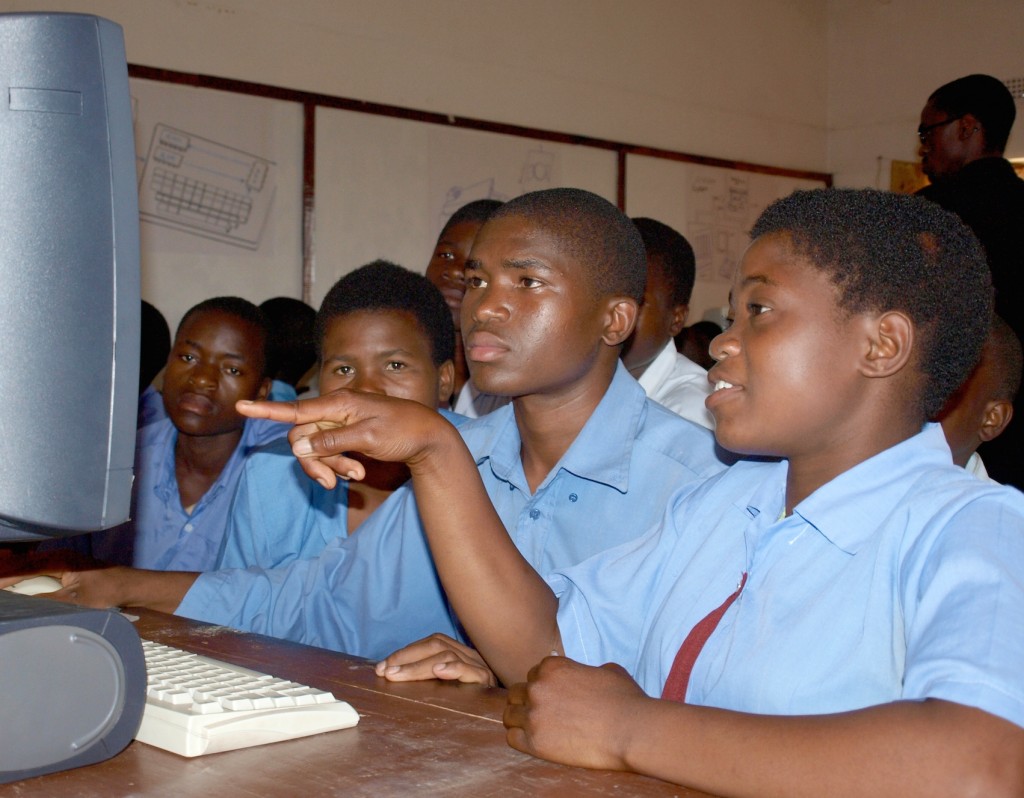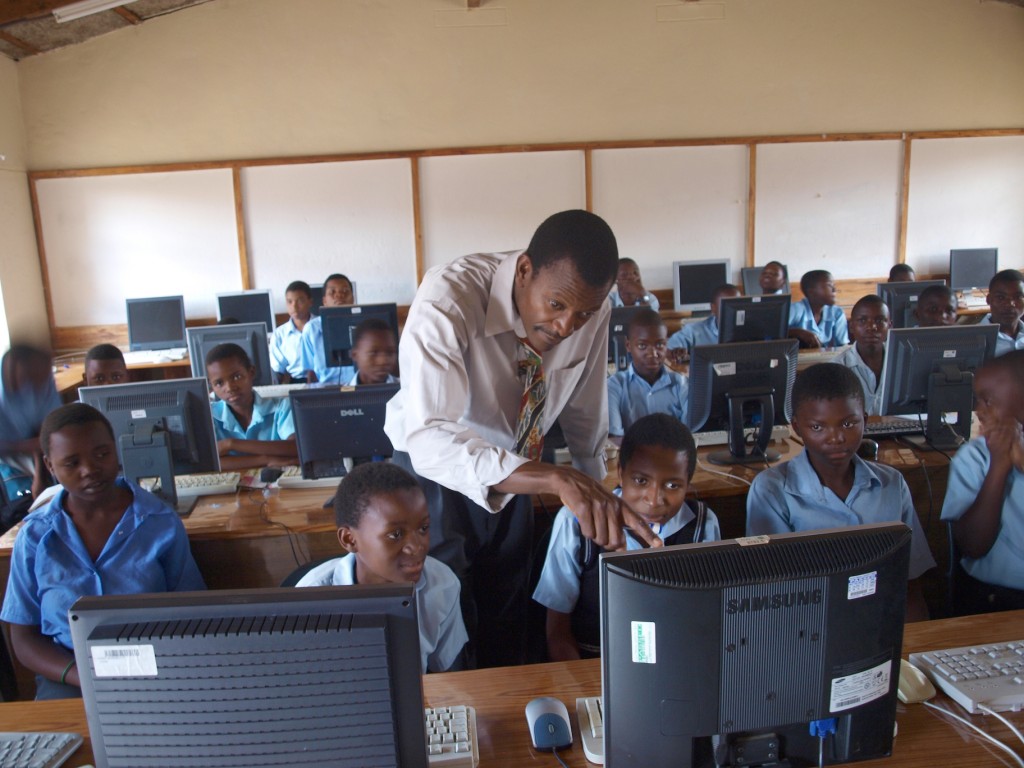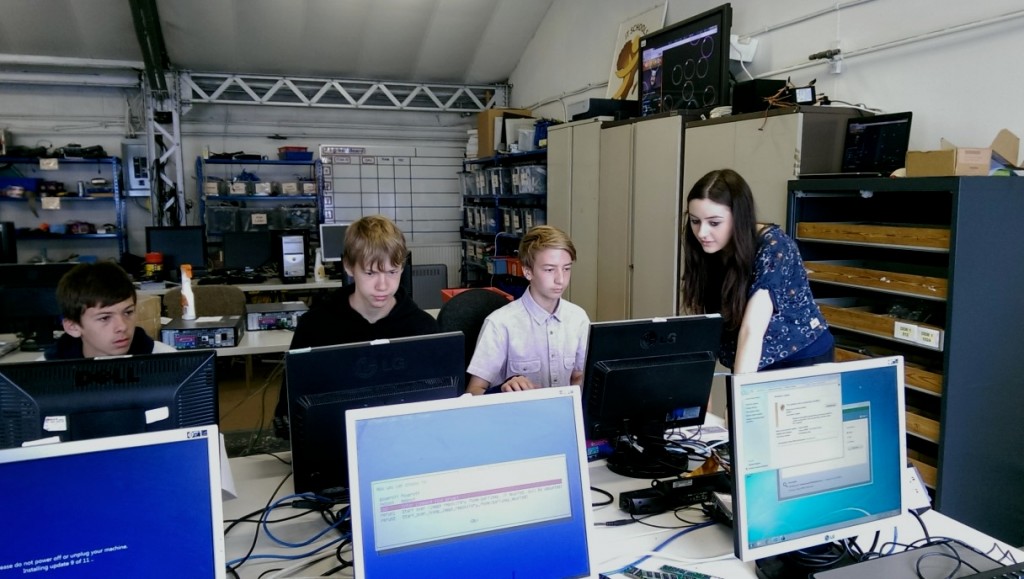
IT Schools Africa, which celebrated its 10th anniversary last week, collects old, used machines in the UK, refurbishes them – dismantling them and fixing software problems, for example – before sending them to schools in Africa.
Given the recent news of dodgy tech hardware – and frankly even dodgier tech opinions – it’s a good time to be reminded about IT’s positive impact.
The charity has sent more than 44,000 recycled computers to eight African countries since its launch, allowing an estimated 3m children access to technology. It also delivers technical support and IT teacher training in the schools.

Manufacturing a PC, as the charity points out, consumes 240kg of fossil fuels, 22 kg of chemicals and 1.5 tonnes of water. So re-using the machines not only benefits young people in Africa, but helps the environment (once the computers have reached the end of the lives in Africa, the charity also recycles the materials and parts).
In the UK, the charity offers work experience to local students and to young people with special educational needs as well as to the long-term unemployed. It works with three prisons – Cardiff, Whitemoor and Winchester – where prisoners work to refurbish computers.

Over the last three year Gloucestershire Constabulary has donated 275 computers, the local NHS Trust 194 computers and charity donors include the Wildfowl and Wetlands Trust (147 machines), the Order of St Johns Care Trust (208 computers) and the Royal Hospital Chelsea, which gave 21 computers.
Private sector firms and individuals are also among those donating machines, and the charity is using its 10 year landmark to renew its fundraising dive, hoping to expand its network of donors and its work with prisons.
Find out more here.
